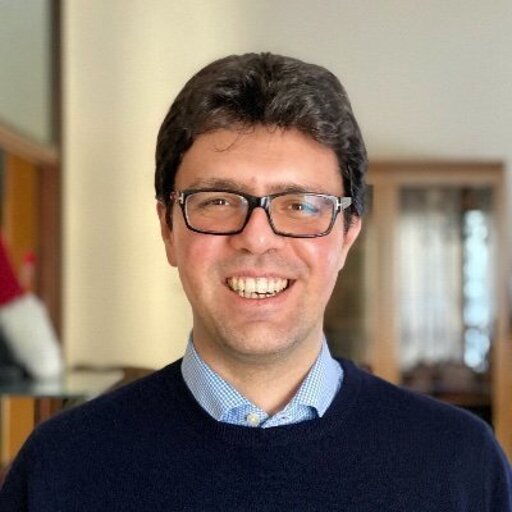Participation at IS-EUD 2023
On June 6-8, 2023, the e-Lite group will attend (in person) the 9th International Symposium on End-User Development (IS-EUD 2023) in Cagliari, Italy.
Alberto Monge Roffarello and Tommaso Calò will present two papers (one regular and one short) on June 7, while Luigi De Russis will chair the "Demo and Work-in-progress" session on June 8 (15:20-16:35).
The regular paper presents a voice-based approach to define trigger-action rules in smart environments. The short paper, instead, is on end-user website generators through Large Language Models (LLMs).

Defining Trigger-Action Rules via Voice: a Novel Approach for End-User Development in the IoT
Alberto will present the regular paper "Defining Trigger-Action Rules via Voice: a Novel Approach for End-User Development in the IoT" on Wednesday, 7 June at 14:00 (session: IoT for End-users).
The paper explored novel approaches for personalizing IoT ecosystems via natural language and vocal interaction. Indeed, the possibility of personalizing devices and online services is essential for end users living in smart environments. Still, existing End-User Development tools often fail to provide people with the proper support, e.g., because they force users to deal with too many technological details. We first conducted seven interviews to understand whether and how end users would converse with a conversational assistant to personalize their IoT ecosystems. Then, we designed and implemented two prototypes to define trigger-action rules through vocal and multimodal approaches. A usability study with 10 participants confirms the feasibility and effectiveness of personalizing the IoT via voice and opens the way to integrate personalization capabilities in smart speakers like Google Home and Amazon Echo.
Read the full paper by following the links at the end of this news.
Leveraging Large Language Models for End User Website Generation
The short paper, instead, "Leveraging Large Language Models for End User Website Generation" will be presented on Wednesday, 7 June at 12:30 (session: AI for End-users) by Tommaso.
This paper introduces an innovative approach that harnesses the power of large language models (LLMs) to facilitate the creation of websites by end users through natural language specifications. Our key contribution lies in a user-oriented method that utilizes prompt engineering, compelling the LLM response to adhere to a specific template and enabling direct parsing of the model's responses. This allows users to focus on refining the generated website without concerning themselves with the underlying code. The engineered prompt ensures model efficiency by implementing a modification strategy that preserves context and tokens generated in the LLM responses, updating only specific parts of the code rather than rewriting the entire document, thereby minimizing unnecessary revisions. Moreover, our approach allows the generation of multiple web documents. We showcase a proof-of-concept implementation where users submit textual descriptions of their desired website features, prompting the LLM to produce corresponding HTML and CSS code.
Read it by following the links below!
Additional information:
- Defining Trigger-Action Rules via Voice: a Novel Approach for End-User Development in the IoT by Alberto Monge Roffarello and Luigi De Russis
- Leveraging Large Language Models for End User Website Generation by Tommaso Calò and Luigi De Russis
- Full conference program
